Factors that influence the heat of formation is(are) :
I. The physical state of reactants and products
II. The temperature
III. The pressure or volume
IV. The method by which the final products are obtained The correct option is :
I, II
II, III
I,II,III
IV
The correct Answer is:C
To determine the factors that influence the heat of formation, we need to analyze each of the provided options:
1. The physical state of reactants and products:
- The heat of formation is influenced by the physical states (solid, liquid, gas) of the reactants and products. Different physical states can have different energies due to intermolecular forces, which affects the overall energy change during the formation of a compound.
2. The temperature:
- Temperature plays a crucial role in thermodynamic processes. The heat of formation is typically defined at a standard temperature (298 K or 25 °C). Deviations from this temperature can lead to changes in the heat of formation due to changes in kinetic energy and molecular interactions.
3. The pressure or volume:
- The heat of formation can also be influenced by pressure, especially for gases. At different pressures, the volume occupied by gases changes, which can affect the energy required or released during the formation process.
4. The method by which the final products are obtained:
- While the method of obtaining products can vary, the heat of formation is defined under standard conditions. Therefore, as long as the standard conditions (temperature, pressure, and physical state) are maintained, the method itself does not influence the heat of formation.
Based on the analysis, the factors that influence the heat of formation are:
- I. The physical state of reactants and products
- II. The temperature
- III. The pressure or volume
Thus, the correct option is: I, II, and III.
- The heat of formation is influenced by the physical states (solid, liquid, gas) of the reactants and products. Different physical states can have different energies due to intermolecular forces, which affects the overall energy change during the formation of a compound.
- Temperature plays a crucial role in thermodynamic processes. The heat of formation is typically defined at a standard temperature (298 K or 25 °C). Deviations from this temperature can lead to changes in the heat of formation due to changes in kinetic energy and molecular interactions.
- The heat of formation can also be influenced by pressure, especially for gases. At different pressures, the volume occupied by gases changes, which can affect the energy required or released during the formation process.
- While the method of obtaining products can vary, the heat of formation is defined under standard conditions. Therefore, as long as the standard conditions (temperature, pressure, and physical state) are maintained, the method itself does not influence the heat of formation.
- I. The physical state of reactants and products
- II. The temperature
- III. The pressure or volume
Similar Questions
Match the reactions (in the given stoichiometry of the reactants) in List-I with one of their products given in List-II and choose the correct option.
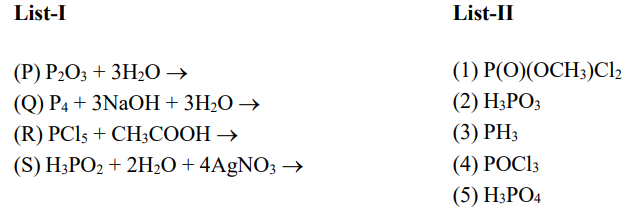
View SolutionIn which of the following chemical equations the abbreviations represent the correct states of the reactants and products at reaction temperature?
View Solution
Knowledge Check
Which of the following equations correctly represents the physical states of reactants and products?
A2FeSO4(aq)→Fe2O3(aq)+SO2(g)+SO3aqB2FeSO4(s)→Fe2O3_(s)+SO2(g)+SO2(g)+SO3(g)C2FeSO4(s)→Fe2O3(aq)+SO2(g)+SO3(g)D2FeSO4(aq)→Fe2O3(s)+SO2(g)+SO3(g)Two isomeric compounds I and II are heated with HBr-
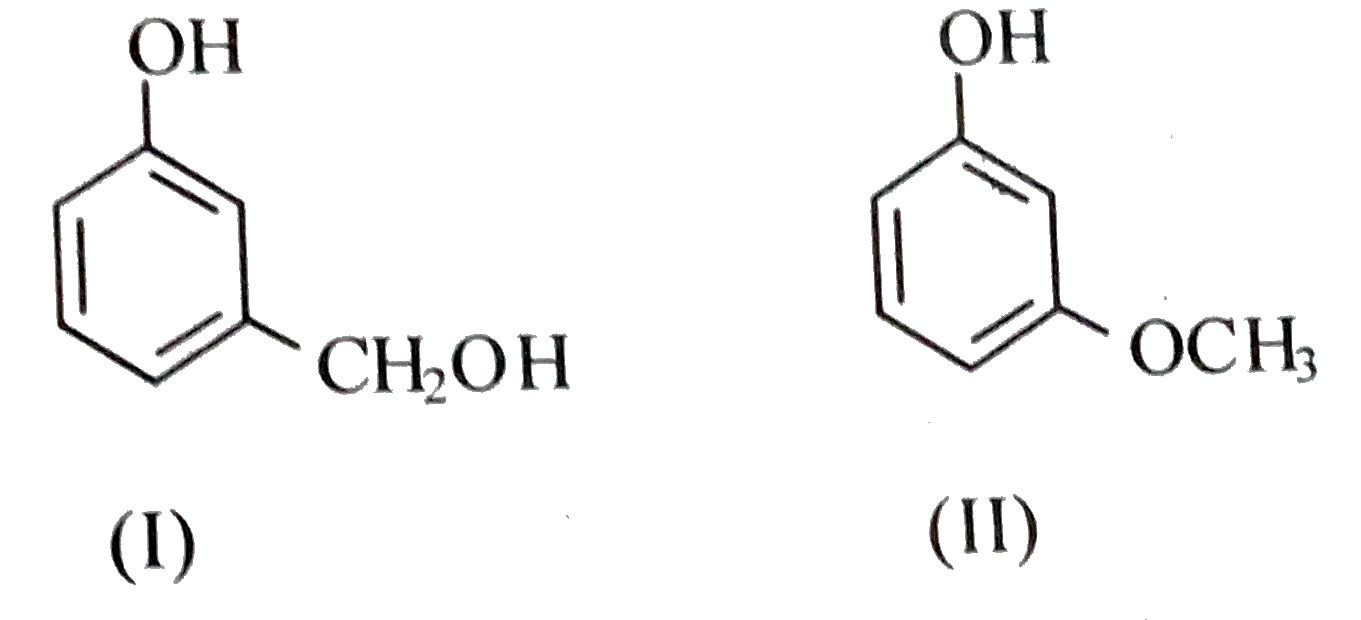
The products obtained areA B
B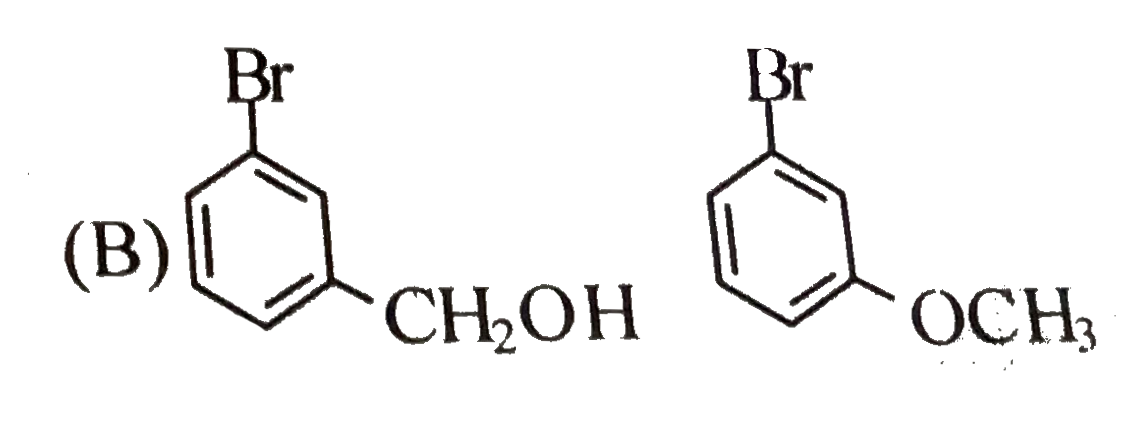 C
C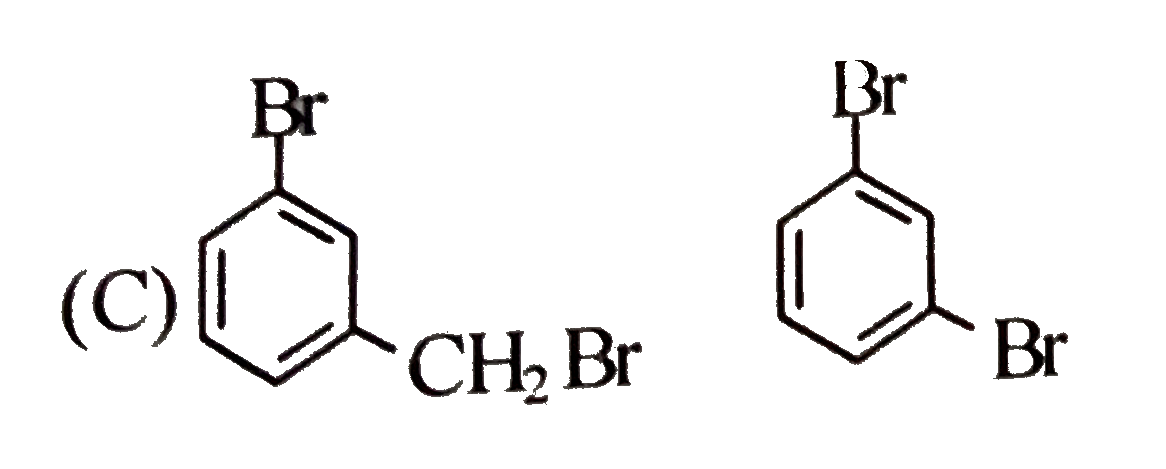 D
D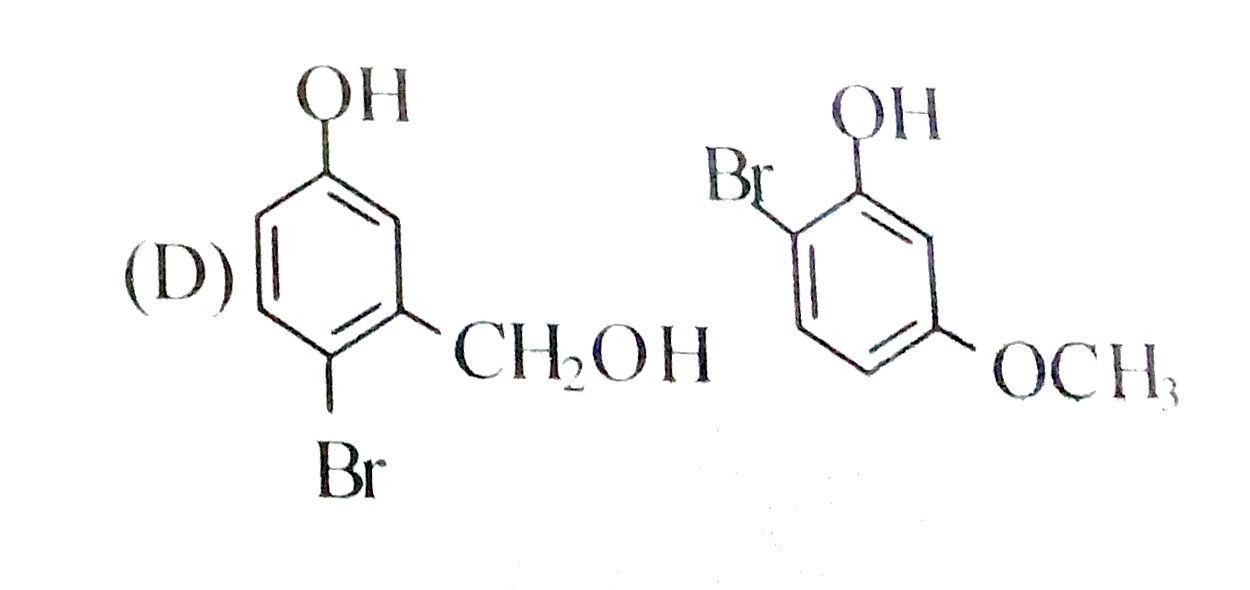
Solubility depends upon
I. the nature of solute and solvent
II. temperature
III. pressure
The option with all correct choice isAOnly IBOnly IICOnly IIIDAll of these
The conditions necessary for vernalisation are
I. high temperature
II. Low temperature
III. Carbon dioxide
IV. oxygen and water
Choose the correct option.
View SolutionMatch the compounds in column I with the products obtained on heating them in column II :
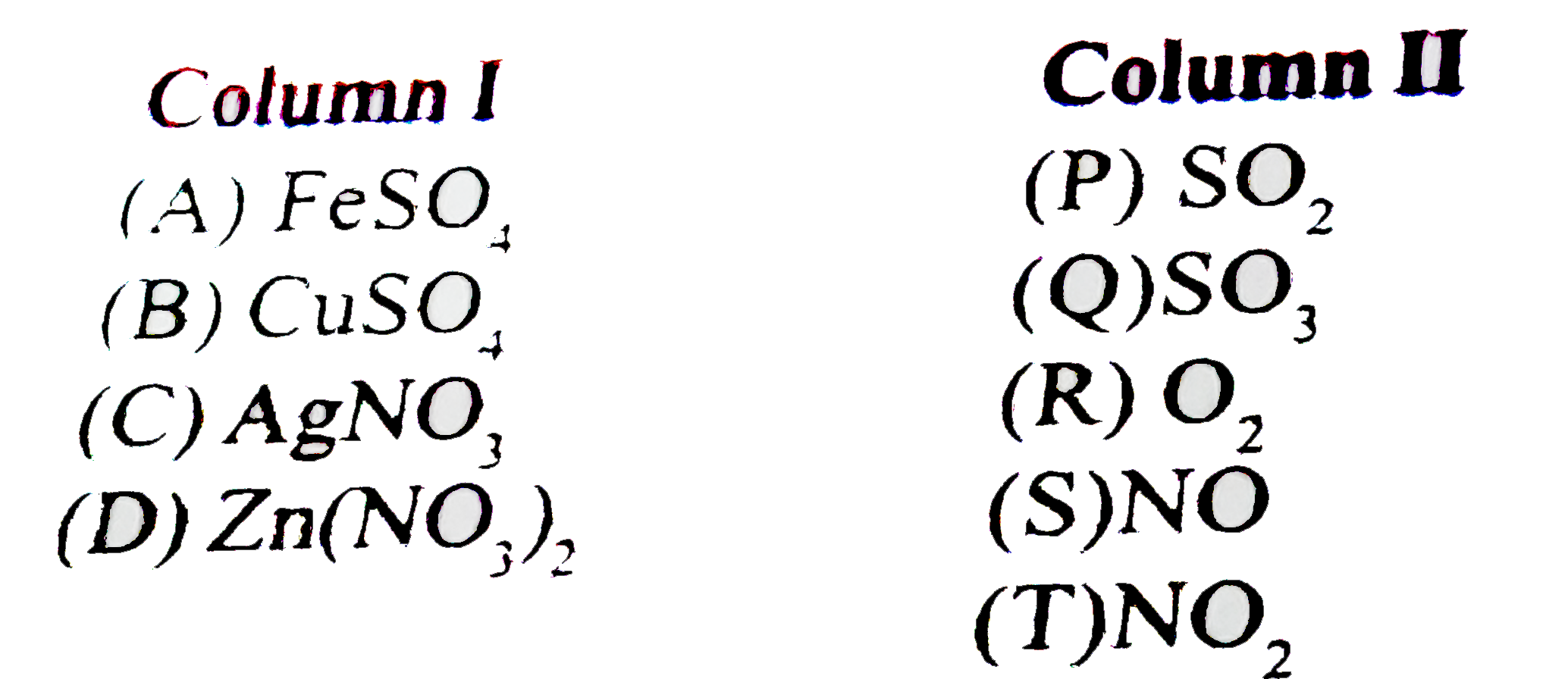
View SolutionFactors affecting the rate of diffusion are
I. Gradient of concentration
II . Permeability of the membrane
III. Temperature
IV. Pressure
V. Size of diffusing materia
View SolutionIn which of the followng chemical equations, the abbreviations represent the correct states of the reactants and products involved at reaction temperature ?
View SolutionFactors affecting the rate of a reaction are
ΔH of reaction
II size of the vessel
III amount of the reactants taken
IV physical state of the reactants
the option with all correct factor is
View Solution